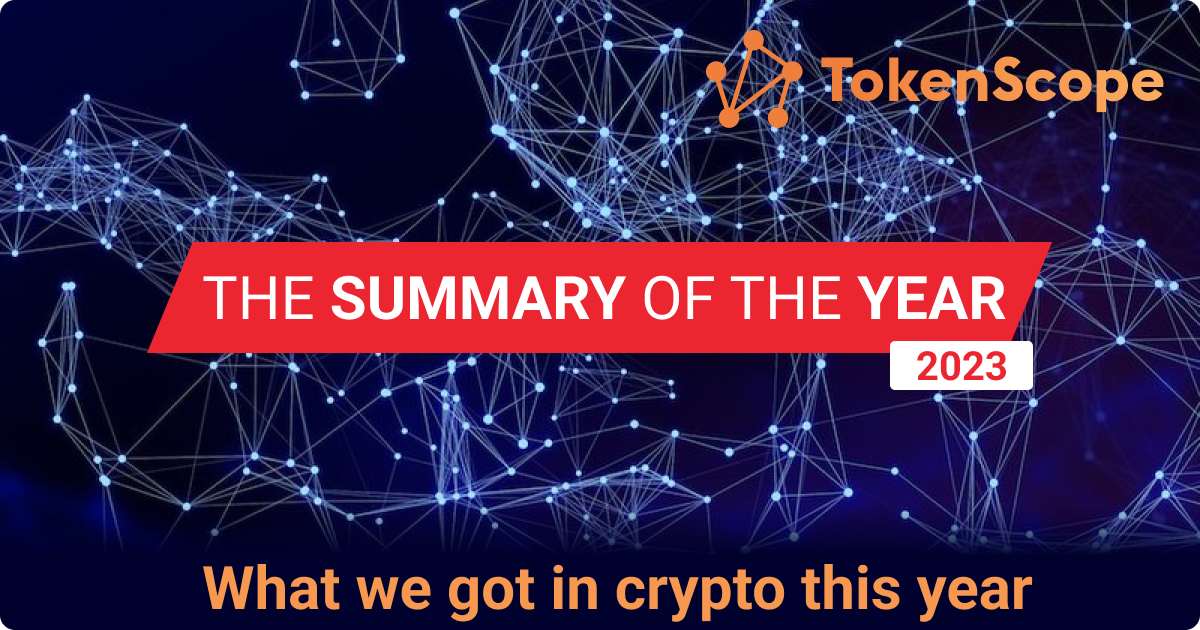Crypto regulation in the world: weekly digest #73

USA
USDC stablecoin issuer Circle has been at the center of a controversy regarding its alleged ties to terrorist financing and TRON's founder Justin Sun. The company sent a letter to U.S. Senators Sherrod Brown and Elizabeth Warren refuting claims that it facilitated terrorist financing and denied banking Justin Sun. Circle's head of global policy, Dante Disparte, stated that the company does not facilitate, directly or indirectly, or finance Hamas or any other illicit actors, nor does it bank Justin Sun. Disparte emphasized that Circle is a compliant organization, subject to multiple regulatory regimes, and has a history of cooperating with law enforcement.
The company stated that neither Justin Sun nor any entity owned or controlled by him, including the TRON Foundation or HTX Exchange, currently have accounts with Circle. Circle terminated all accounts held by Mr. Sun and his affiliated companies in February 2023. The company also emphasized that to date, the U.S. government has not specifically designated Mr. Sun or his entities as Specially Designated Nationals.
Circle's response comes in the wake of allegations made by the non-profit watchdog group Campaign for Accountability (CfA), which claimed that Circle had a role in funding terrorist organizations Hamas and Hezbollah, based on data from a July crypto seizure carried out by the Israeli authorities. The group also alleged that Circle had a «historical and ongoing relationship» with TRON founder Justin Sun, with the network supposedly connected with the majority of illicit activity funding.
EU
The European Banking Authority (EBA) has proposed new Travel rule guidelines to prevent the abuse of funds and certain crypto-assets transfers for money laundering and terrorist financing purposes.
The guidelines specify the steps that Payment Service Providers (PSPs), Intermediary PSPs (IPSPs), crypto-asset service providers (CASPs), and Intermediary CASPs (ICASPs) should take to detect missing or incomplete information that accompanies a transfer of funds or crypto-assets.
They detail the procedures all these providers should put in place to manage a transfer of funds or a transfer of crypto-assets that lacks the required information. The guidelines aim at forging a common understanding to ensure the consistent application of EU law as well as a stronger anti-money laundering and countering the financing of terrorism (AML/CFT) regime.
The consultation on these guidelines runs until 26 February 2024, and the EBA invites interested stakeholders to provide their feedback.
Brazil
The Brazilian Senate has approved changes to the country's income tax rules that would make income on crypto on international exchanges taxable. If sanctioned by President Lula da Silva, citizens will face paying up to 15% on earnings from cryptocurrencies held on international exchanges, effective Jan. 1, 2024. The bill affects Brazilians earning more than $1,200 from foreign exchanges and investment funds with a single shareholder. The government aims to raise $4 billion from these taxes in 2024. This change is part of the government's efforts to tighten regulations on cryptocurrency and combat tax evasion.
The current tax rate for crypto earnings in Brazil varies. The income tax in Brazil ranges from 7.5% to 27.5%, and the capital gains tax ranges from 15% to 22.5% depending on the total amount of capital gains.
Bhutan
The state-owned holding company of the Kingdom of Bhutan, Druk Holding & Investments (DHI), has been secretly involved in significant cryptocurrency investments, including Bitcoin. The investments, amounting to tens of millions of dollars, were revealed in the bankruptcy filings of lenders BlockFi and Celsius.
This move is unusual for a holding company that is meant to promote domestic ventures, and it has raised speculations and concerns, including the possibility of legal action. DHI's crypto portfolio has largely remained a secret, and the extent of its ties to recent modernization initiatives in Bhutan is unclear. In addition to its investments, DHI has also been involved in a cryptocurrency mining project in partnership with Nasdaq-listed Bitdeer Technologies Group, aiming to develop a 600-megawatt mining farm for Bitcoin. This initiative is part of Bhutan's efforts to build a 21st-century economy.
The country's involvement in cryptocurrency activities has been a subject of interest and speculation, given its unique economic and developmental indicators, such as the Gross National Happiness Index.
We continue to highlight the news of the world of crypto regulation worldwide. Please stay with us!




